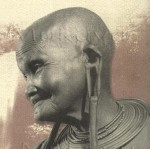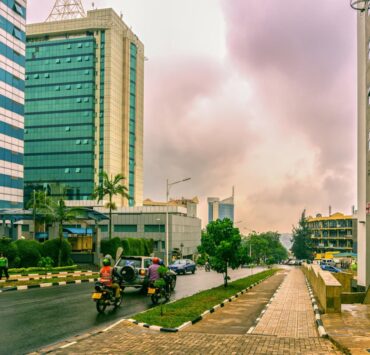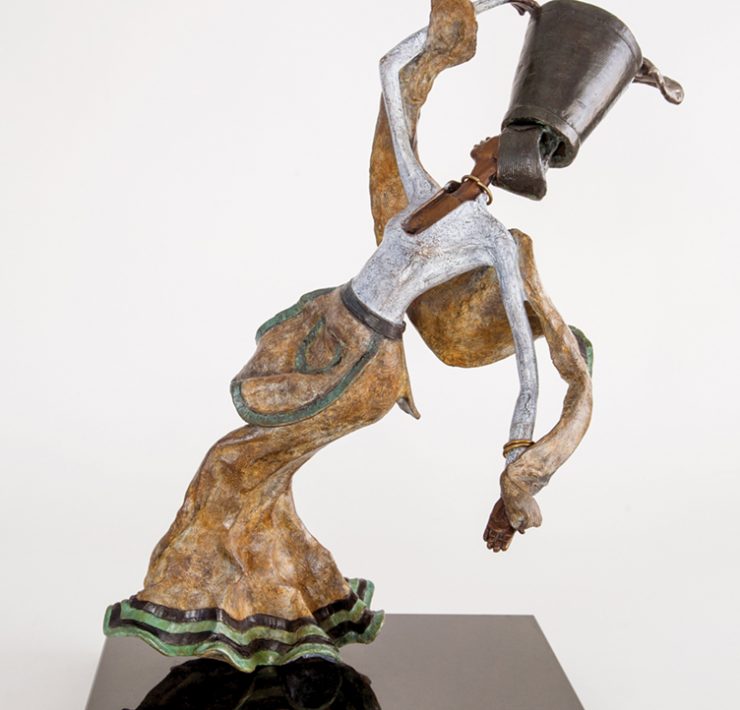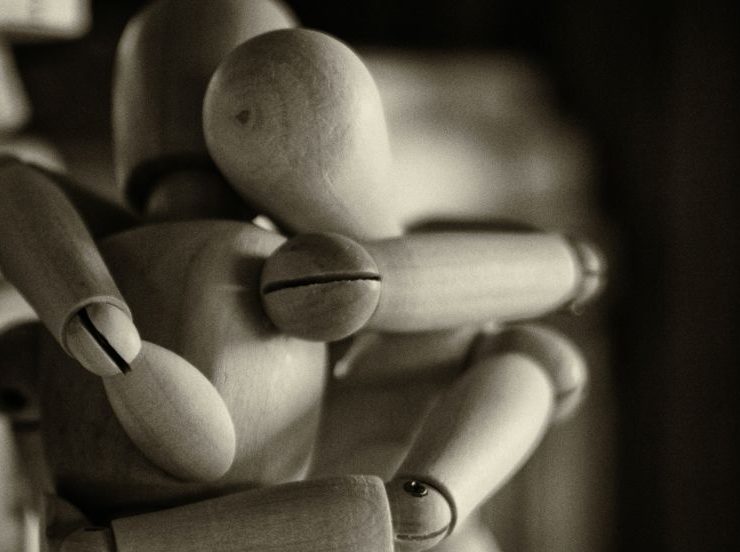
Author and administrator of Gĩkũyũ Centre for Cultural Studies, Kĩgongona…
Read Next
One of the legacies of colonialism that has always fascinated me is what I call, the “overseer syndrome” This is the idea that there is someone who does a job and another one employed to make sure that the worker works. In slavery language, which is the basic language of colonizers, the overseer is “the slave driver”.
I once witnessed not long ago when we had a City Council in Nairobi, about two workers engaged in repairing a pothole in one of the roads. These two fellows were surrounded by about 20 Council workers all surrounding the two and basically making themselves useful by pointing here or there to the tiny group of actual workers. There were others also standing and lazily watching the whole scene like good overseers do. I have also witnessed grass cutters in parks also surrounded by lazy looking overseers. This is an inheritance of the colonial mindset of master and servant which was embedded itself in African consciousness.
A casual look at popular local soap operas on Kenyan television programming will easily show you that to a Kenyan mind,
Having someone to cook for you,
Having someone to open the gate for you,
Having someone to cut the fence for you
Having someone to drive the car for you,
Having servants all over you,
is taken as a sign of what they call, “I have arrived.” This fascination with servants and being an overlord is so ingrained in post colonial African consciousness that it pervades all aspects of our lives.
Our government, politics, work, religion all have been heavily infected with this societal disease; a disease that will take a long long time to completely heal.
Why does a man in public service need a retinue of slaves trailing him every which way he goes? Why does a Governor of a County need five chase cars terrorizing other motorists with impunity on the roads? Why is it necessary for civil servants and representatives to live lives of privilege and impunity? Could it be that they perform a psychological function of assuaging our yearnings for such privilege. Are we getting what we all deeply yearn for?
Between 2009 and 2012, I was a guest at the Scandinavian country of Norway and lived for part of that time in the capital, Oslo. In this very egaritarian society, there is little difference in what a member of parliament earns and what a teacher in a school or even a city bus driver earns. One goes into politics because it is a passion and not because there is any privilege or money in it. As a matter of fact you can rub shoulders with the Prime Minister or your member of Parliament in a supermarket as he/she is personally buying groceries just like you. The Prime minister’s private house where he lived because he declined the official government house was a stone’s throw from our student housing and it was just like any other house in the neighborhood. He made headlines once when he rode to parliament in a bicycle and lost his two security officers who got caught in traffic in their single simple car.
Our traditional society was very similar to this seeming heaven in Scandinavia and we are only where we are because of the traumatic heritage of the colonial privilege class mentality of British colonials and the political class they coached to take over. In 3 generations since the so-called independence the effects of this mentality is visibly waning and the current generation which is more embedded in global egalitarian culture of the World Wide Web cannot anymore accept meekly to be dictated to by a master class of “slave drivers.”
Editorial note:
Just recently, the team had a conversation about classism in society and how the bridge beween the lower class and the middle class is gradually closing up. Technically, much like how everything that the white man taught Africans are beginning to break up and the lies are being seen for what they are.
So, while we had that conversation, we realised that this closing of the bridge between the lower class and the middle class in our society is not happening because more of those who are designated as lower class are suddenly making more money to move up the ladder, or because social class discrimination is no longer a thing but because those termed as lower class are learning how to do or make for themselves the very luxury items that the middle class like to buy for crazy amounts. And this is just one instance of the shift goind on. Take for example, a middle class family goes to a furniture shop to get some imported coffee table or a classic sofa or just anythng worth spending real money on. And of course, they are always overpriced. They walk over the entire shop touching and making comments about each furniture and what it will look like in their beautiful apartment or villa. The kids are not spared of the temptation to jump and play around the finely set furnitures and the parents alos don’t spare a good smile when they finally swiped the card to make payment for this newly aquired beauty called an Arabian coffee table.
Now, a lower class family walks by that same furniture shop, and because they can’t by any means afford the coffee table or the sofa, they just looked from the window and wished someday they will be able to afford the furniture if they work really hard or if some miracle happens. But somewhere within the man’s mind, he realized he can actually make that coffee table himself if he watched a couple of YouTube tutorials about how to make coffee tables. So he goes home, watched a few tutorials on his phone and also got himself a few tools. Two weeks later, his family’s new coffee table is ready for use, not because the family wealth changed in terms of more money, but because of more knowledge on how to create. So now you see more people building beautiful and safe earth-made houses using knowledge learned online. Some even built simple eco-friendly mini luxury resorts where the middle class like to come and chill from the rat race in the cities.
Here is the thing, knowledge and the aquisition of knowledge is shiftin from the traditional school systems or what many like to call Master Classes where they pay through their noses to learn a few new tricks from gurus or proffessionals. There is more knowledge on the internet about everything right now and the traditional school is becoming quite exstinct. Wealth inequality and social class is begining to fade away even as more people are begining to see hat true wealth is not just money, but the flow of real knowledge and creativity that flows from the inside.
There is a fountain of knowledge within everyone of us, not tapping into that fountain is what the educational system was created to do, so you will pay someone else to teach you what you already have on the inside of you.
Subscribe now for updates from Msingi Afrika Magazine!
Receive notifications about new issues, products and offers.
What's Your Reaction?
 PIN IT
PIN ITAuthor and administrator of Gĩkũyũ Centre for Cultural Studies, Kĩgongona kĩa Ũũgĩ wa Bũrũri Witũ. A modern Gĩkũyũ Shaman and Priest after the order of Melchizedek. A Mũnjirũ wa Mbarĩ ya Kĩragũ.

















